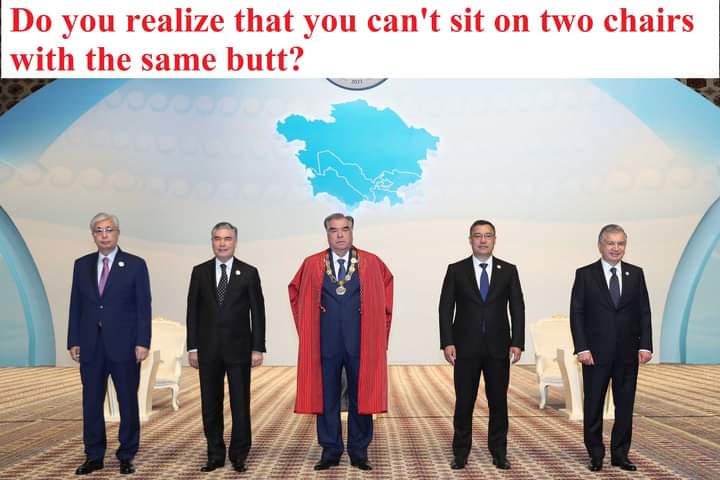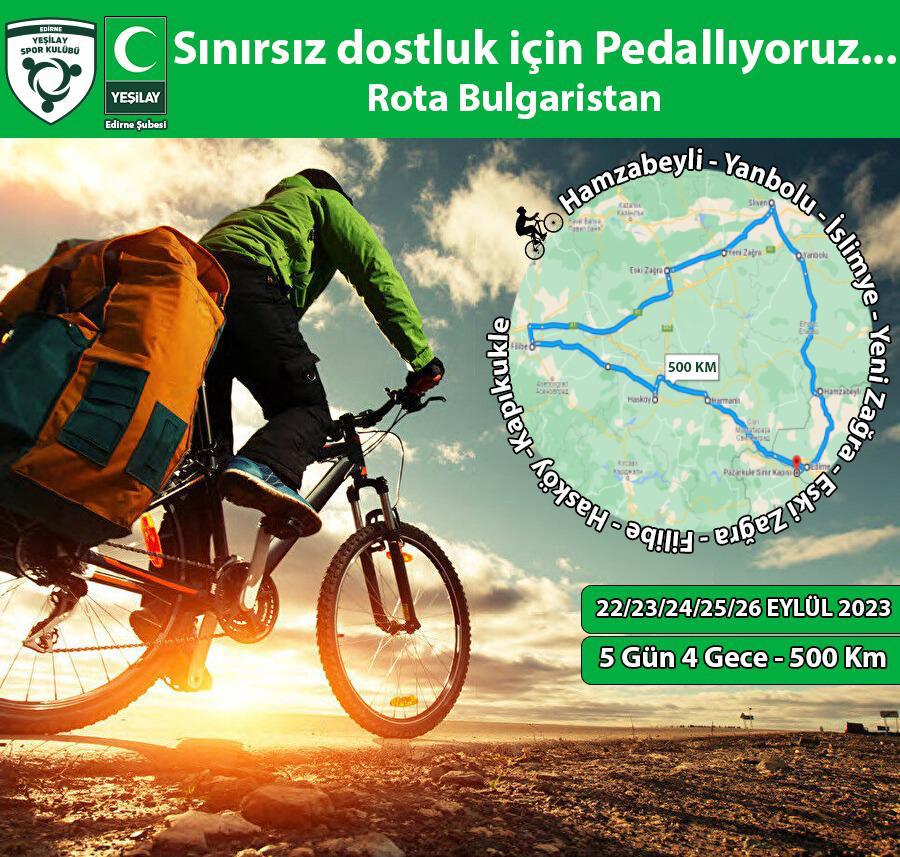“Each day, the people of Myanmar are enduring horrifying attacks, flagrant human rights violations and the crumbling of their livelihoods and hopes,” said Volker Türk, UN High Commissioner for Human Rights.
He was briefing the Human Rights Council – the UN’s primary body for the protection and promotion of rights globally, including findings since his July report was issued.
Junta’s ruthless repression
Mr. Türk emphasized the military’s blatant disregard for fundamental principles of humanity as well as the Security Council’s repeated demands for an immediate cessation of hostilities and unhindered humanitarian access.
“We are faced here with a system of ruthless repression designed to coerce and subjugate its people and to erode a society so that the predatory interests of the military are preserved,” he said.
“Senseless military attacks are exacerbating the human rights crisis with interconnected humanitarian, political, and economic impacts, imposing an unbearable toll on the people in Myanmar.”
Muzzling free press
He also voiced concerns over the military’s denial of humanitarian access to those affected by Cyclone Mocha in May, particularly in Rakhine state, where widowed Rohingya women have reportedly been forced to beg for food.
The military also threatened legal action against anyone reporting a different death toll from the massive disaster to the junta’s official figure of 116 deaths.
In this context, a photojournalist was sentenced to 20 years imprisonment by a military for covering the post-cyclone situation in Rakhine, the biggest sentence handed down to a journalist since the 2021 coup.
Reliance on foreign sources
Mr. Türk pointed to three specific military tactics employed against civilians: airstrikes, mass killings, and the burning of villages.
Between April 2022 and May 2023, the military conducted 687 airstrikes, more than double the number in the preceding 14 months.
The report corroborated data confirming that the increased use of air power, along with heavy weaponry, military hardware and aviation fuel, “can only be purchased from foreign sources”, the rights chief said.
‘Inhumanity in its vilest form’
Mr. Türk further reported that ground operations resulted in 22 documented mass killings – involving the murder of ten or more individuals. Witnesses described soldiers using horrific methods to inflicting pain on civilians, including burning alive, beheading, dismemberment, rape and more.
“This is inhumanity in its vilest form,” the High Commissioner said, stating that entire villages were set ablaze, leading to the destruction of over 75,000 structures, driving displacement and increasing humanitarian needs.
Civilian rule has vanished
“Civilian rule of law in Myanmar has vanished, with the military deliberately eroding the foundations of governance and justice in the country,” Mr. Türk said, urging the Security Council to refer the situation to the International Criminal Court (ICC).
According to credible sources, 24,836 people have been arrested, 19,264 are still detained, and 150 have been sentenced to death by military-controlled courts that lack any independence or adherence to due process or fair trial rights.












